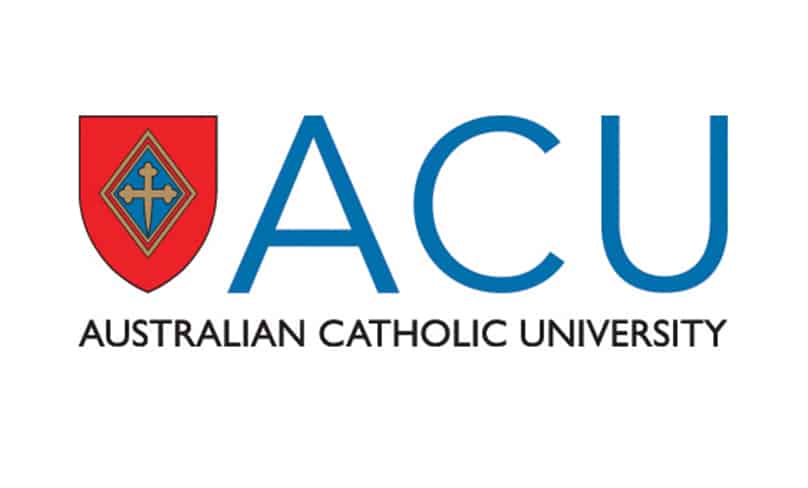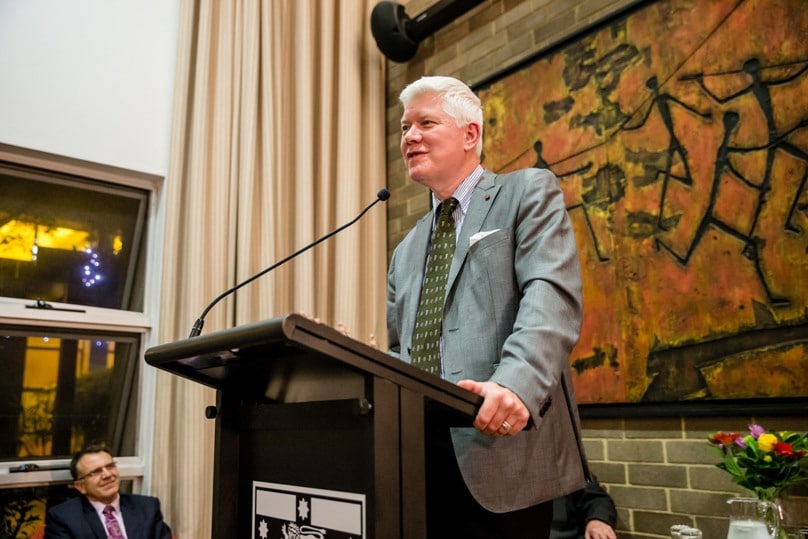
As public discourse becomes more fraught and the internet becomes more overgrown, Catholics looking for reliable sources on contentious ethical issues must often struggle through a thicket of blogs, spurious Google search results, YouTube videos and, if they are particularly unfortunate, academic databases.
EthicsFinder, a new project from the Australian Catholic University, seeks to simplify this process for general readers and specialists alike, offering curated selections of authoritative material on dozens of issues as diverse as nuclear deterrence, business ethics, free will and transgenderism.
Users can, with one search, get access to academic journal articles, magazine features and YouTube videos, and easily access encyclicals and other magisterial documents without having to navigate the famously labyrinthine Vatican website.
“EthicsFinder will be useful for a ‘wide range of constituencies… from academics and students to journalists and members of the reading public—religious or not—looking for reliable sources of Catholic thinking on current issues.”
EthicsFinder is the brainchild of ACU ethics portfolio director Patrick Langrell, who first conceived of such a resource a decade ago but was only recently able to bring his idea to fruition.
“A lot of people think that Catholic ethics is either obsessed with a small range of issues, typically ones that deal with sex and life, or that Catholic engagement on wider ethical topics is possible only for people who happen to believe Scripture or the authority of the Church,” Mr Langrell told The Catholic Weekly.
“Ethicsfinder shows the Catholic ethical tradition has much to say about these topics, and about so many more, and that even when it engages on the controversial topics, it does so with a strong rational, intellectual approach that can be understood, engaged with and critiqued by other reasonable people of goodwill.”

Moral philosopher John Haldane, chair of the EthicsFinder advisory board, said EthicsFinder is a “unique and incredibly valuable resource”, which he expects to sit alongside other well-trafficked resources like the Routledge and Stanford dictionaries of philosophy.
EthicsFinder will be useful for a “wide range of constituencies”, Professor Haldane said, from academics and students to journalists and members of the reading public—religious or not—looking for reliable sources of Catholic thinking on current issues.
It also hosts over 120 non-partisan topic entries written by Professor Haldane, and a range of reputable critiques of Catholic positions, both important features adding to the “robustness” of the website.
“It was really through the goodwill of close to 100 people, plus the resources and support of ACU that made something like this possible.”
“The background and working assumption is that EthicsFinder has to go into the world of public deliberation and meet appropriate standards there,” Professor Haldane said.
The advisory board includes Catholics of outstanding academic reputation, including Fr Thomas Joseph White, rector of the Pontifical University of St Thomas Aquinas in Rome, political philosopher Robert P. George of Princeton University, and Sydney Archbishop Anthony Fisher OP.
Professor Haldane was concerned that the board must also include non-Catholics, and secured the involvement of the moral philosophers Roger Crisp of St Anne’s, Oxford, and Phillip Pettit from the Australian National University.

Curating each topic involved the collaborative efforts of dozens of experts in relevant fields, who were provided lists of source material to vet for suitability in the database.
“It was really through the goodwill of close to 100 people, plus the resources and support of ACU that made something like this possible,” Mr Langrell said.
While EthicsFinder is not a catechetical resource, it does approach its subject matter from the perspective of Catholic orthodoxy.
“All of that’s become a very fraught matter because of culture wars, cancel culture, wokeness – all of which is a passing phenomenon I think.”
As such, the database presents a “middle way” between faith and reason inspired by the tradition of Catholic philosophy stretching from Pope Leo XIII to St John Paul II, and beyond.
It is also informed by an optimistic Catholic view of the possibility of dialogue and public reason at a time when the Church is increasingly characterised as unwelcome in public life.
“All of that’s become a very fraught matter because of culture wars, cancel culture, wokeness – all of which is a passing phenomenon I think,” Professor Haldane said. “We really do need to build or rebuild a sense of this synthesis of faith and reason and the capacity to engage in public discussion in an informed and able way.”
Visit ethicsfinder.com
